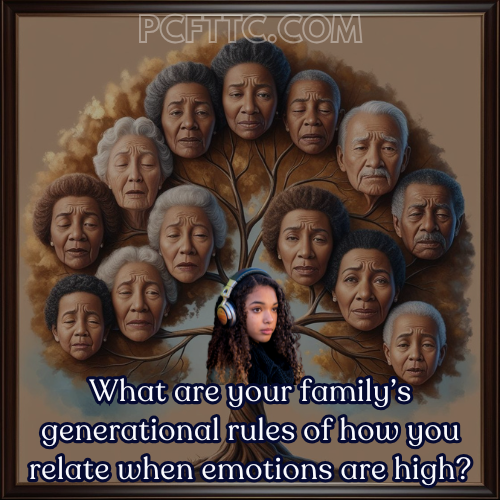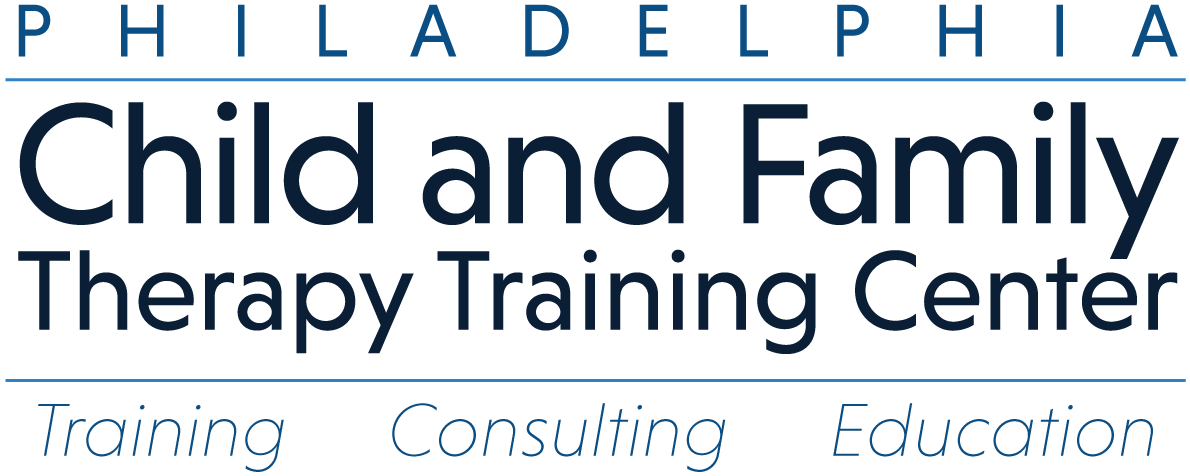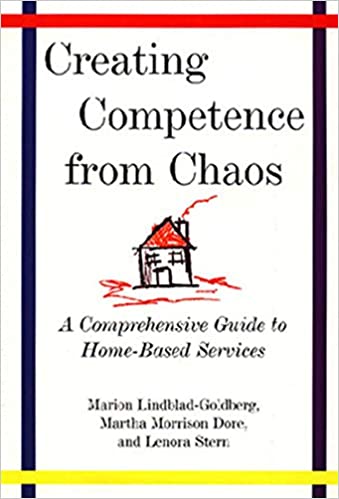
Understanding Family Dynamics: Leveraging Assessment Tools for Systemic Family Therapy
In systemic family therapy, understanding how families navigate emotionally charged situations is critical. Families often have unique ways of coping when emotions run high, shaped by their history, values, and cultural norms. Family assessment tools offer therapists a structured way to uncover these patterns, creating pathways for deeper understanding and effective intervention.
The Role of Family Assessment Tools
Family assessment tools provide systemic family therapists with a roadmap to understand family dynamics, including how they manage emotional challenges. These tools are essential for identifying the underlying cultural, relational, and emotional norms that drive family interactions. By utilizing these tools, therapists can:
- Uncover Hidden Patterns: Assessment tools help reveal unspoken rules and patterns within the family, such as avoidance of conflict, reliance on humor, or reliance on a single family member to mediate disputes.
- Highlight Emotional Coping Mechanisms: Families may use strategies like suppressing emotions, escalating conflict, or disengaging entirely. Understanding these mechanisms is key to guiding change.
- Identify Strengths and Vulnerabilities: While some families may have strong communication skills and emotional resilience, others may struggle with trust or emotional regulation. Assessment tools can highlight these areas.
Key Assessment Tools for Emotional Dynamics
- Genograms: These visual representations map family relationships and histories, helping therapists identify patterns of emotional expression, alliances, and conflicts across generations.
- Critical Events Timelines: Timelines provide insights into how families balance closeness and flexibility during emotionally intense times.
- Ecomaps: Provide a visual representation of how history is still show up in the present and places where they are able to use their strengths and do something different.
- Assessment Enactments: Structured observations during therapy sessions or family interactions allow therapists to note how emotions are expressed and managed in real time. These activities encourage family members to reenact high-emotion scenarios, offering insights into their instinctive responses and interaction styles.
How Assessment Tools Illuminate Emotional Culture
Through these tools, therapists gain a deeper understanding of the family’s “emotional culture”—the shared values, beliefs, and behaviors surrounding emotional expression. For example:
- Cultural Influences: Some families may prioritize emotional restraint due to cultural norms, while others encourage open emotional expression. Assessment tools help therapists respect these differences while guiding positive change.
- Conflict Resolution Styles: By analyzing how families approach conflicts, therapists can identify whether avoidance, confrontation, or collaboration is their default response.
- Parenting and Emotional Modeling: Assessment tools reveal how caregivers model emotional regulation, which profoundly influences how children learn to cope with their own feelings.
Integrating Insights into Therapy
Once the emotional culture of a family is understood, therapists can tailor their interventions to align with the family’s unique context. For example:
- Building Awareness: Collaboratively draw the Old Patterned way of doing heightened emotions. Sharing findings from assessments helps families recognize their patterns and their impact on relationships.
- Teaching Emotional Regulation Skills: Have family members practice using strategies together in the moment so they can do it without you present. Have the caregivers lead the exercise.
- Strengthening Communication: Practice the new pattern. Track the new pattern together. Keep it displayed. Therapists can guide families in developing more effective ways to express emotions and resolve conflicts.
Conclusion
Family assessment tools are invaluable in systemic family therapy, providing a lens into the unique ways families handle emotional intensity. By leveraging these tools, therapists can foster greater empathy, insight, and collaboration within families, creating a foundation for lasting change. Understanding a family’s emotional culture is not just about addressing challenges—it’s about celebrating strengths and helping families thrive in the face of life’s inevitable emotional storms.



Leave a Reply